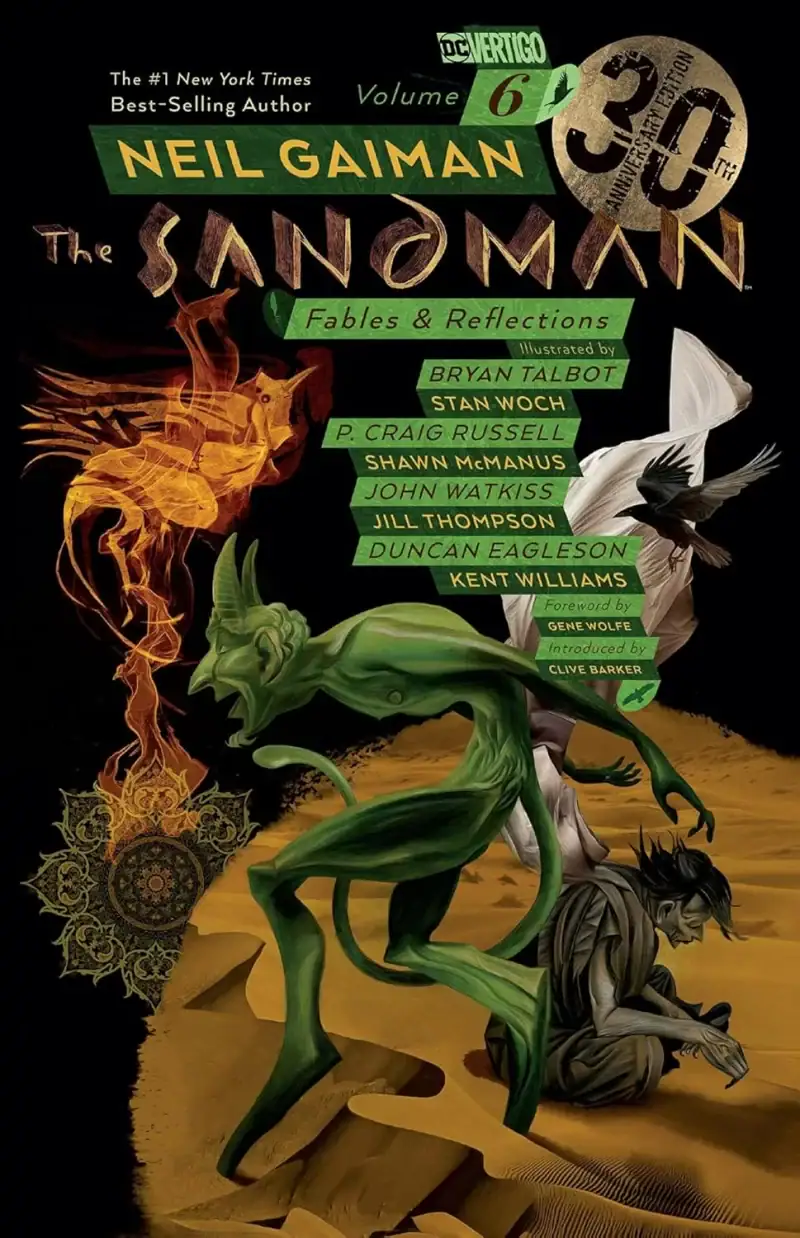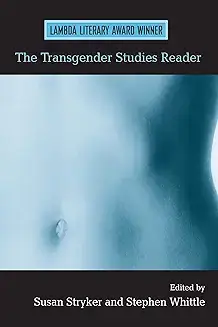disingenious (dis-in-jeen-yuh s), adj. 1. of a person. having or showing an unusual aptitude for dishonesty or insincerity; skilled at inventing new ways to deceive or mislead. 2. of things or ideas. characterized by original or inventive deception or insincerity. Ex.: Russian troll farms developed disingenious tactics to sow discord among American voters.
Category: Fictionary
A dictionary of terms that should exist.
-
POTUS interruptus
POTUS interruptus (poh-tuh s in-tuh–ruhp-tuh s), n. Withdrawal method, used or threatened by the President of the United States, presumably to garner economic or rhetorical advantage, as with NAFTA, TPP, the Paris Agreement, the Iran nuclear deal, the UN Global Compact on Migration, NATO, etc. Generally a dick move.
-
angstrovert
angstrovert (ahngkst-ruh-vurt, angst-, -roh-), n. an individual whose attention and interests are directed wholly or predominantly toward an unfocused feeling of deep anxiety or dread, typically about the human condition or the state of the world in general.
-
vitriotic
vitriotic (vi-tree-ot-ik), adj. feeling or inspired by devotion to and support for one’s country, expressed through severely caustic or hateful invective against foreigners or political opponents . Ex.: https://twitter.com/realDonaldTrump.
-
unstruction
unstruction (uhn-struhk-shuh n), n. the act, practice, or profession of imparting information that is confusing, bewildering, or perplexing. Ex.: Any explanation of quantum physics.
-
intention span
intention span (in-ten-shuh n span), n. the length of time for which an individual or group is able to maintain motivation to do a specified thing or act in a specified manner, often inversely related to outrage levels generated from news reports or social media.
-
nettribution
nettribution (net-truh–byoo-shuh n), n. the action of ascribing a quote on the Internet to Abraham Lincoln, Mark Twain, or Albert Einstein. Ex.: “The problem with quotes found on the Internet is that they are often not true.” —Abraham Lincoln
-
marath-on sentence
marath-on sentence (mar–uhth-on sen-tns), n. 1. a written sequence of four or more independent clauses that are not separated by a period or semicolon or joined by a conjunction. 2. any ungrammatical sequence of clauses or phrases that is characterized by great length and that requires exceptional effort or endurance on the part of a listener or reader. Also, con-fused sentence.
Ex.: Look, having nuclear—my uncle was a great professor and scientist and engineer, Dr. John Trump, at MIT; good genes, very good genes, okay? Very smart, the Wharton School of Finance, very good, very smart—you know, if you’re a conservative Republican. If I were a liber—if, like, okay, if I ran as a liberal Democrat, they would say I’m one of the smartest people anywhere in the world—it’s true!—but when you’re a conservative Republican they try—oh, do they do a number—that’s why I always start off: Went to Wharton, was a good student, went there, went there, did this, built a fortu—you know I have to give my like credentials all the time, because we’re a little disadvantaged—but you look at the nuclear d—the thing that really bothers me—it would have been so easy, and it’s not as important as these lives are— nuclear is powerful; my uncle explained that to me many, many years ago, the power, and that was 35 years ago; he would explain the power of what’s going to happen and he was right—who would have thought? But when you look at what’s going on with the four prisoners—now it used to be three, now it’s four—but when it was three and even now, I would have said it’s all in the messenger; fellas, and it is fellas because, you know, they don’t, they haven’t figured that the women are smarter right now than the men, so, you know, it’s gonna take them about another 150 years—but the Persians are great negotiators, the Iranians are great negotiators, so—and they, they just killed, they just killed us.
-
bother-in-law
bother-in-law (bah–th er-in-law), n. an annoying, irksome, irritating, or troublesome member of one’s spouse’s family.
-
misdenunciation
misdenunciation (mis-dih-nuhn-see-ey-shuh n ), n. the act or habit of using a word incorrectly for false public censure or condemnation. Ex.: the misdenunciation of all unfavorable news as “fake.”




